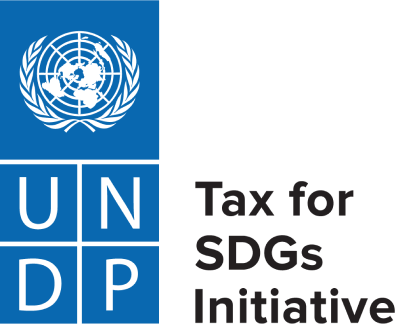The Sustainable Development Goals (SDGs) are a universal call to action to end poverty, protect the planet, and ensure that people around the world enjoy peace and prosperity by 2030. However, advancing the Agenda 2030 is challenging and requires significant, well-targeted public and private investment.
Taxation and fiscal policies play a key role in development financing. Taxes provide necessary funding, promoting new and more sustainable growth strategies. They also encourage behaviour changes contributing to desired outcomes, including regarding environmental, health, gender equality and the SDGs more broadly. A progressive and fair taxation system also, importantly, fosters good governance and establishes a deeper social contract between an individual and the state.
However, a deeper social contract requires a change in the way people perceive taxation – from an obligation to an opportunity to be a partner in governance. This can only happen if tax systems are equitable and perceived as fair and if tax revenues can be linked more clearly to development outcomes. Fair taxation is as much an economic, political and legal challenge as a developmental, governance and technological one. The SDGs provide a framework to position tax and fiscal policy initiatives and a lens through which to integrate the work of different development partners to achieve a sustainable future, with the planet and people in balance.
Partnerships are important for achieving the SDGs. The Platform for Collaboration on Tax demonstrates the commitment of multilateral organizations such as the IMF, OECD, UN, and the World Bank to realize greater policy coherence on taxation issues at the global level. The UNDP and OECD, working through the Tax Inspectors Without Borders Initiative and together with other partners, have supported developing countries to build taxation capacity and raise more than US$1.4 billion in additional tax revenues. Bilateral and regional development partners complement the work of multilateral organizations.
Opportunities exist to incorporate SDGs in tax and fiscal policy work, as well as to bring tax and fiscal policy closer to national SDG planning, including through national SDG taxation assessments. Simultaneously, regional and country-level efforts are needed to integrate the work of development partners to ensure that the technical efforts on taxation contribute to broader developmental and governance outcomes.
Through its Tax for SDGs Initiative (Tax for SDGs), the United Nations Development Programme (UNDP) works with partners to support developing countries design and implement evidence-based tax and fiscal policy measures to contribute to achievement of the SDGs. Tax for SDGs helps developing countries achieve a balance in using tax measures to both collect more resources and achieve development impacts.
The High-Level Symposium on Tax and SDGs will bring together leaders in taxation, public finance, development, government and academia to discuss how taxation can support achievement of the SDGs at the country level, with a particular focus on African countries, and to launch the Tax for SDGs Initiative.

